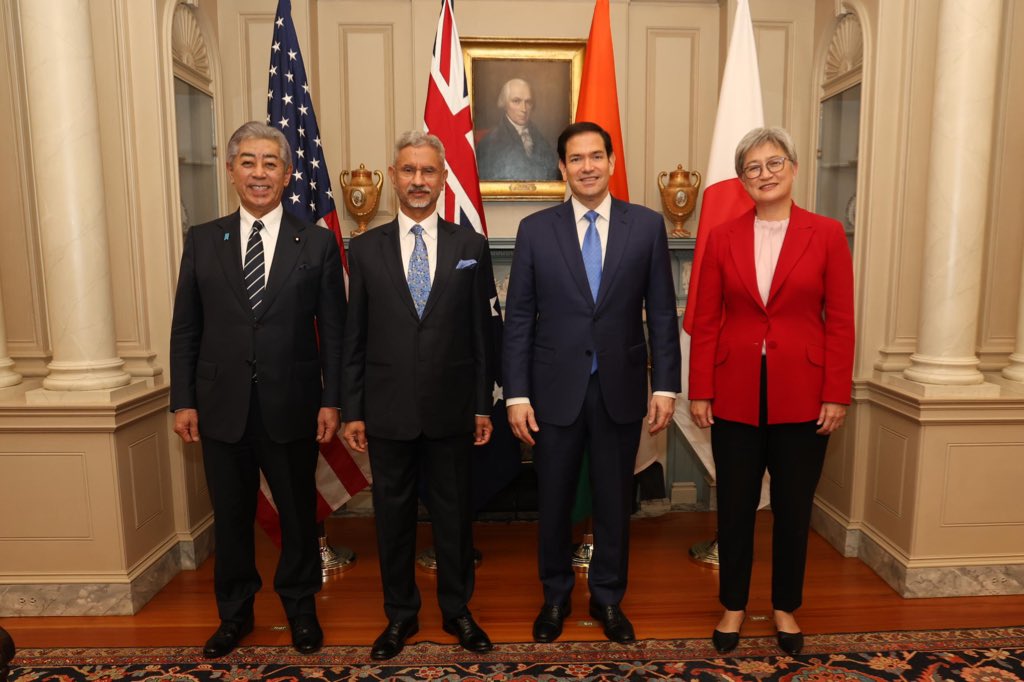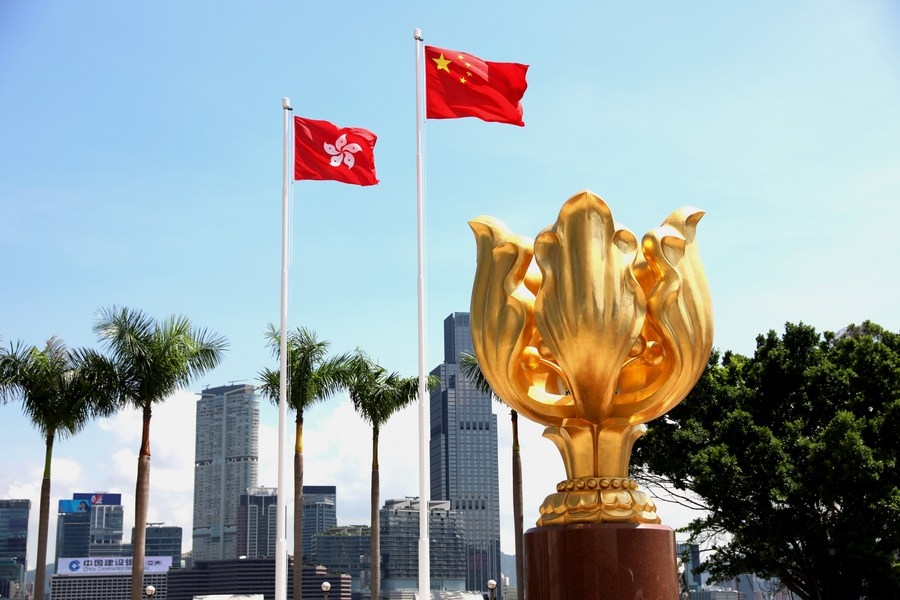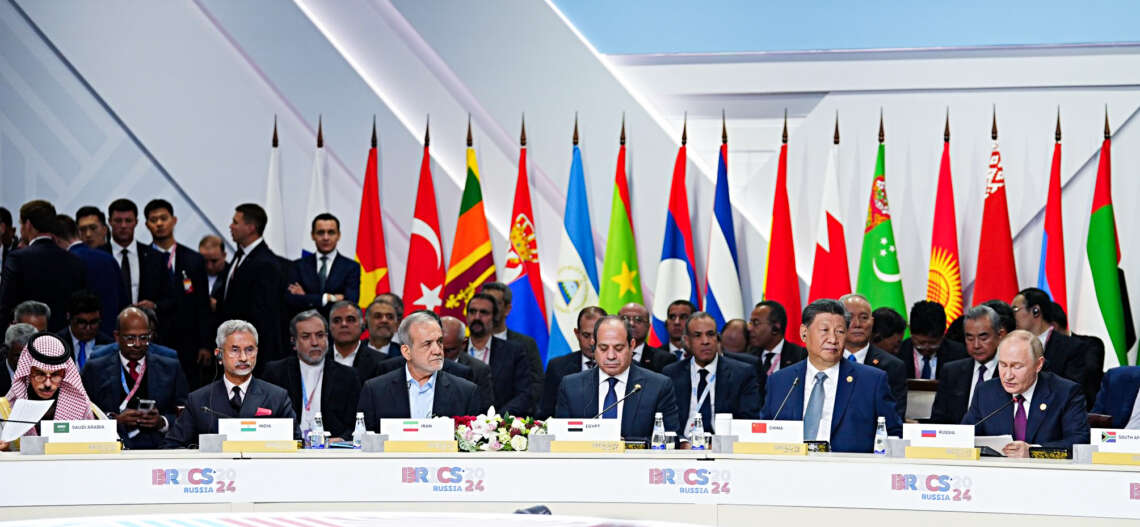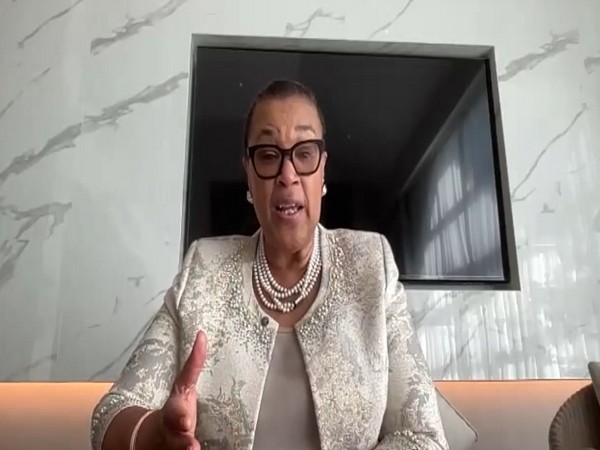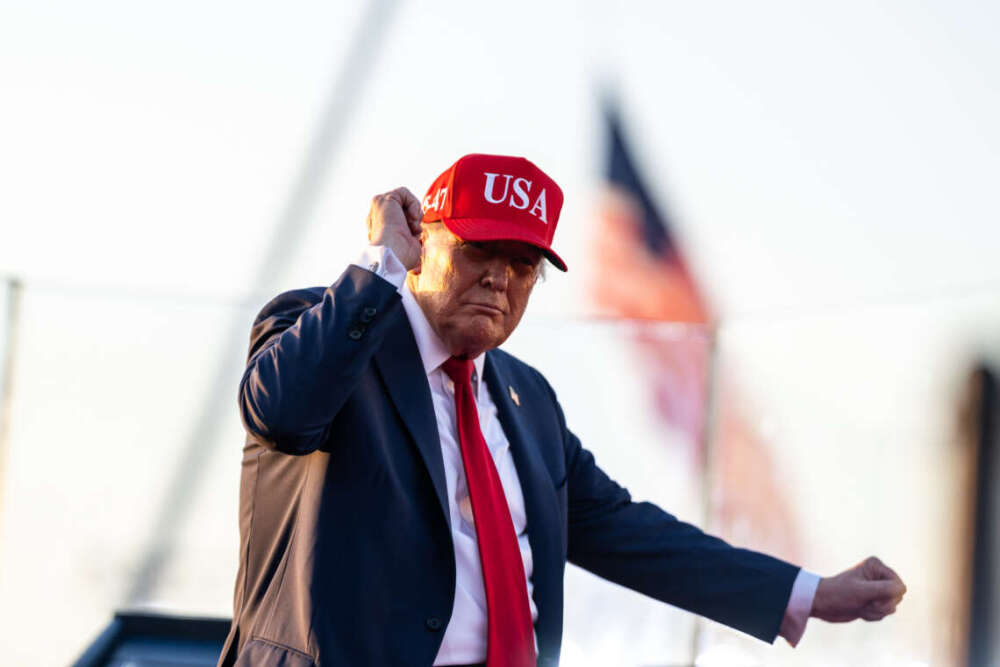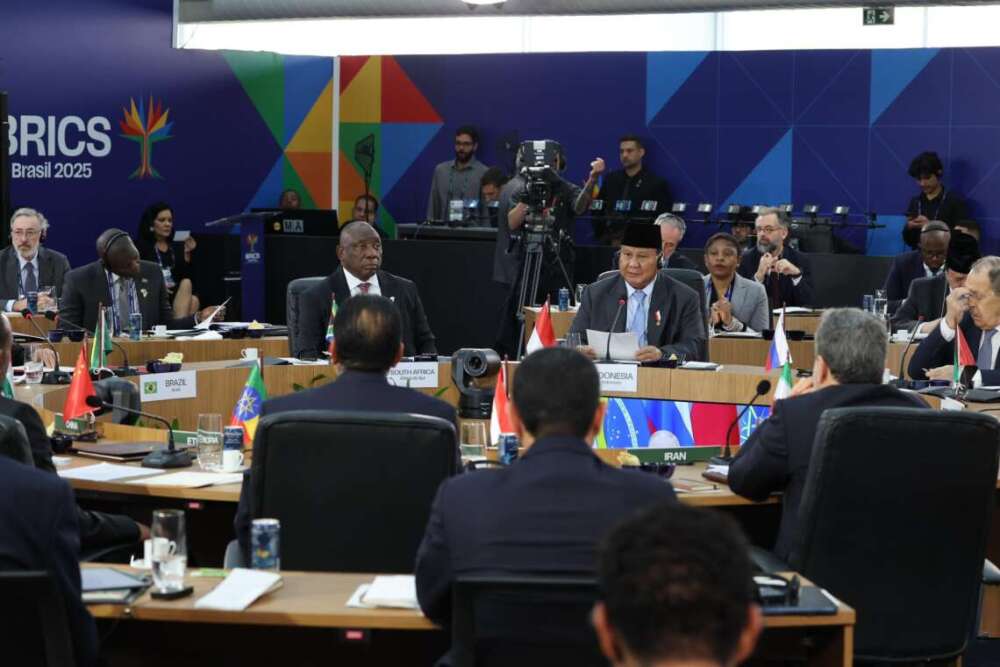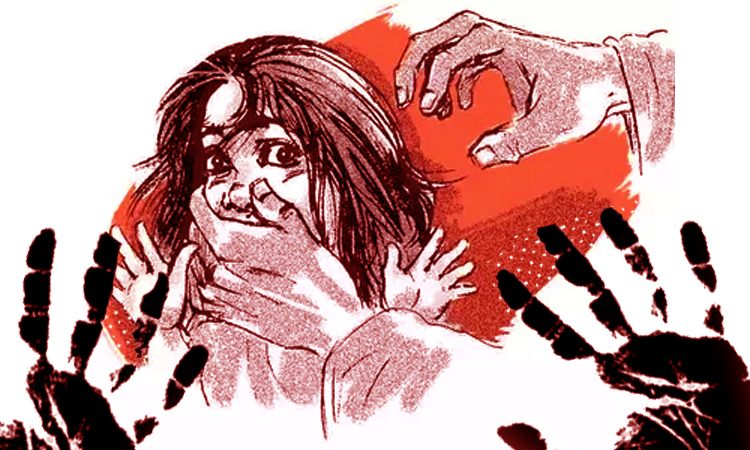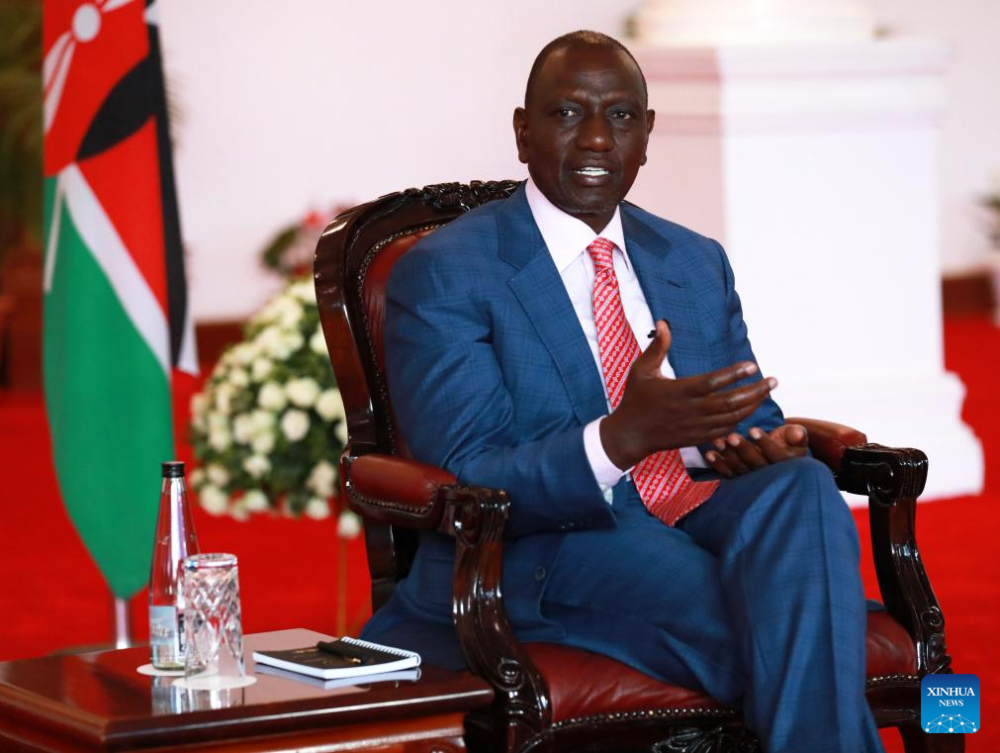NSA Doval further said that the global security situation is marked by uncertainty and rising tensions. The global economy is still covering the aftereffects of the COVID-19 pandemic…reports Asian Lite News
National Security Adviser Ajit Doval has made a strong pitch for transparency in sharing information on shared cross-border water resources and asserted that the weaponisation and politicisation of water needed to be countered.
Addressing a meeting on National Security Advisers (NSAs) of BRICS nations here on Tuesday, Mr Doval mentioned certain instances of weaponisation of water and called for the need for complete transparency and unhindered information sharing with respect to shared cross-border water resources.
A number of policymakers have voiced concern over numerous dams built by China on major rivers such as the Mekong, Ganges, Yangtze, Indus and Irrawaddy which are economic lifelines of South and Southeast Asian countries.
Doval said water security was a major global issue and its prudent usage and conservation was a shared responsibility. The politicisation of water needs to be countered, he said. China stopped sharing hydrological data regarding rivers flowing into India in 2017 and resumed the process a year later.
Situation along LAC ‘eroded’ strategic trust
Meanwhile, in a stern message to China Doval said the situation along the Line of Actual Control (LAC) has eroded the strategic trust between the two nations.
In a meeting with China’s top diplomat Wang Yi, Doval stressed the significance of continuing efforts to thoroughly address the issue and re-establish peace in the border regions. “During the meeting, NSA conveyed that the situation along the LAC in the Western Sector of the India-China boundary since 2020 had eroded strategic trust and the public and political basis of the relationship,” the Ministry of External Affairs stated in an official release.
“NSA emphasised the importance of continuing efforts to fully resolve the situation and restore peace and tranquility in the border areas, so as to remove impediments to normalcy in bilateral relations. The two sides agreed that the India-China bilateral relationship is significant not only for the two countries but also for the region and world,” the release added.
National Security Advisor Ajit Doval met the Member of the Communist Party of China (CPC) Political Bureau and Director of the Office of the CPC Foreign Affairs Commission, Wang Yi, on the sidelines of the BRICS NSAs’ Meeting in Johannesburg on Tuesday.
India and China have time and again faced border disputes dating back to 1962. The most recent clash was in June 2020, when Indian and Chinese troops engaged in a scuffle in the Galwan valley.
Earlier, on July 24, Doval participated in the ‘Friends of BRICS’ meeting in Johannesburg.
According to sources, he said the gravity of cyber risks will increase exponentially with the advent of disruptive technologies such as Artificial Intelligence, Big Data and Internet of Things.
Doval also held a working meeting with the Secretary of the Security Council of the Russian Federation Nikolai Patrushev and discussed the cooperation between the two countries in the field of security and economy, the Russian embassy in India said in a statement.
He added that terrorism remains one of the key threats to national peace and security.
Asserting that terror organisations in the Afghanistan-Pakistan region continue to operate with impunity, he added that listing terrorists and their proxies under the United Nations counter-terrorism sanctions regime is an area on which BRICS can work together.
Doval said it was important that the decision-making of the UN Security Council sanctions committee is free from politicisation and double standards, adding that the meeting is being held at a time of great churn in the international security environment.
The NSA said further the global security situation is marked by uncertainty and rising tensions. The global economy is still covering the aftereffects of the Covid-19 pandemic.
He also appreciated the cooperation extended by South Africa for India’s G20 Presidency, assuring India’s continued support for South Africa’s BRICS chairship this year.
‘Terror key threats to national peace’
Doval said that terrorism remains one of the key threats to national peace and security.
He stressed that terror organizations in the Afghanistan-Pakistan region continue to operate with impunity. He said that listing terrorists and their proxies under the United Nations counter-terrorism sanctions regime is an area on which BRICS can work together. Doval called it important that the decision-making of the UN Security Council sanctions committee is free from politicization and double standards, and said that the meeting is being held at a time of great churn in the international security environment.
NSA Doval further said that the global security situation is marked by uncertainty and rising tensions. The global economy is still covering the aftereffects of the COVID-19 pandemic.
The global commons of cyber, maritime and space are contested, he said.
NSA Doval stated that non-traditional challenges of food, water, and energy security have been facing stress. The inclusion of these topics by South Africa in the BRICS NSA’s Meeting reflects a clear understanding of the broader dimensions of security.
He said that the opportunities presented by the digital age will also pose challenges and the need to be united to fortify cyber defences, foster international corporations and build a resilient national cyberinfrastructure.
He noted that cyber attacks known no borders and the linkage between cyber criminals and terrorists is an emerging concern. Regional mechanisms should be utilised to advance common goals and address emerging challenges.
NSA Doval said all efforts need to be made to ensure equitable and fair access to global commons in line with international laws. Water security is a major global issue and its prudent usage and conservation is a shared responsibility.
He also spoke about instances of weaponisation of water and called for the need for complete transparency and unhindered information sharing with respect to shared cross-border water resources. (ANI)
ALSO READ-Cyber risks will increase with AI, says Doval at BRICS



